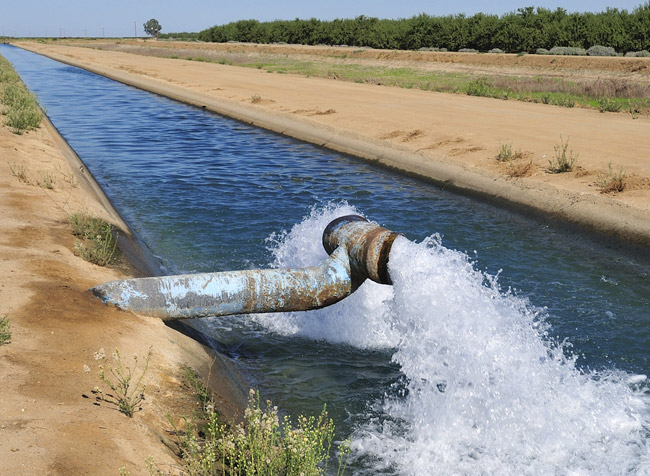In Nigeria, agriculture plays a crucial role in the economy, providing employment for millions and contributing significantly to the nation’s GDP. However, this vital sector faces numerous challenges, one of which is groundwater pollution. The contamination of groundwater sources poses a severe threat to agricultural productivity and food security, necessitating urgent attention and effective solutions.
Impact on Agriculture:
Groundwater pollution adversely affects agriculture in several ways:
1. Crop Contamination: Contaminated groundwater used for irrigation can introduce harmful chemicals and pollutants into the soil, leading to the uptake of toxins by crops. This contamination can reduce crop yields, degrade crop quality, and pose health risks to consumers.
2. Soil Degradation: Polluted groundwater can contribute to soil degradation by altering its chemical composition and fertility. Over time, this can lead to soil infertility, reduced water retention capacity, and increased erosion, further diminishing agricultural productivity.
3. Livestock Health: Groundwater contamination can also affect the health of livestock. Animals drinking polluted water may suffer from various health issues, including reproductive problems, gastrointestinal disorders, and impaired growth, leading to economic losses for farmers.
4. Environmental Damage: Pollution of groundwater sources can have far-reaching environmental consequences, including the degradation of ecosystems, loss of biodiversity, and contamination of surface water bodies. These environmental impacts can disrupt natural processes essential for agriculture, such as water cycling and nutrient cycling.
Solutions:
Addressing groundwater pollution in Nigeria requires a comprehensive approach involving government interventions, regulatory measures, community participation, and technological innovations. Some effective solutions include:
1. Regulatory Frameworks: Strengthening and enforcing regulations to prevent the discharge of pollutants into groundwater sources is essential. This involves implementing laws that control industrial waste disposal, agricultural runoff, and improper waste management practices.
2. Water Quality Monitoring: Establishing robust water quality monitoring systems to regularly assess groundwater quality and identify sources of contamination is crucial. This data can inform decision-making processes and guide remediation efforts.
3. Improved Agricultural Practices: Promoting sustainable agricultural practices that minimize chemical inputs, such as organic farming and integrated pest management, can help reduce the risk of groundwater pollution. Additionally, adopting precision irrigation techniques can optimize water use efficiency and minimize the leaching of pollutants into the soil.
4. Investment in Water Treatment Technologies: Investing in advanced water treatment technologies, such as reverse osmosis, activated carbon filtration, and advanced oxidation processes, can help remove contaminants from polluted groundwater sources, making it safe for agricultural use.
5. Public Awareness and Education: Raising awareness among farmers, communities, and stakeholders about the importance of groundwater protection and sustainable water management practices is crucial. Education campaigns can empower individuals to take proactive measures to safeguard water resources and reduce pollution.
6. Collaborative Efforts: Encouraging collaboration between government agencies, research institutions, NGOs, and the private sector is vital for addressing groundwater pollution effectively. By working together, stakeholders can share knowledge, resources, and expertise to implement holistic solutions.
In conclusion, groundwater pollution poses a significant threat to agriculture in Nigeria, jeopardizing food security, livelihoods, and environmental sustainability. Addressing this challenge requires concerted efforts from all stakeholders, including government bodies, regulatory agencies, agricultural practitioners, and the wider community. By implementing proactive measures to prevent pollution, monitor water quality, and promote sustainable practices, Nigeria can protect its groundwater resources and ensure the long-term viability of its agricultural sector.





